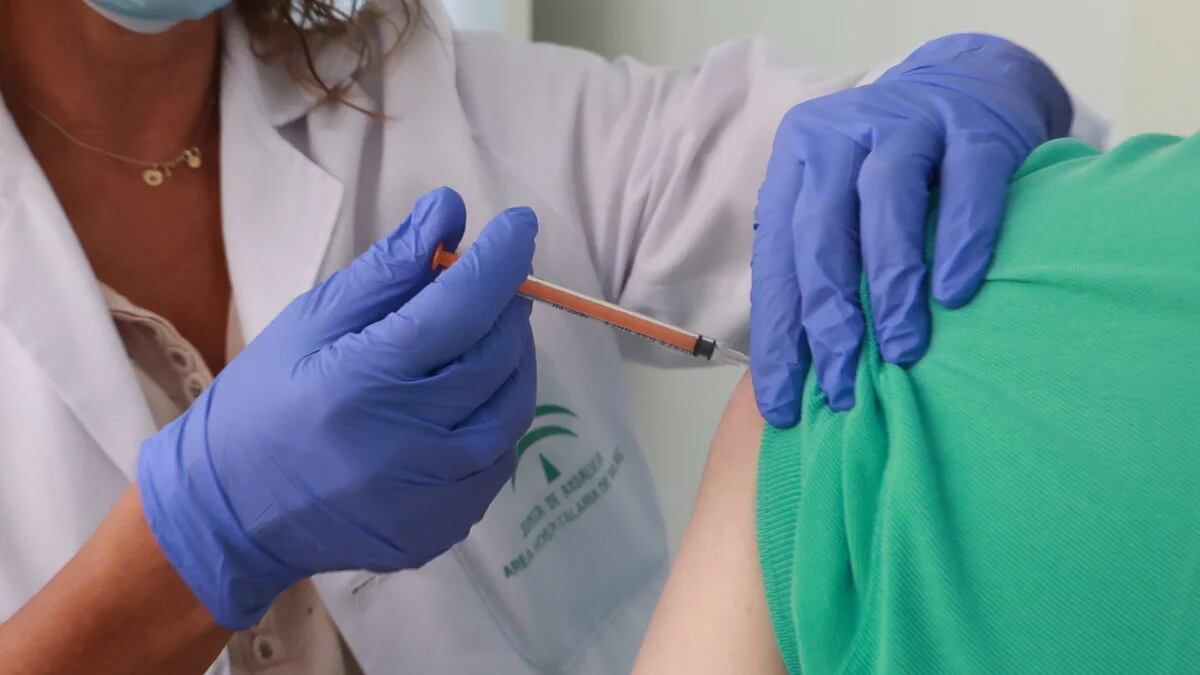In winter it is especially important to pay attention to the vaccination schedule to protect yourself against typical diseases of this winter season.
Both older adults, minors and risk groups should pay attention to their doctor’s instructions to protect themselves.
Vaccination against flu is one of the most important measures, since flu is one of the most common and prevalent diseases during the winter months.
It is also advisable to keep other vaccines, such as pneumonia, up to date, especially for older people and those with chronic medical conditions.
On the other hand, it is essential to follow the recommendations of the health authorities regarding vaccination against specific diseases that may be more prevalent or epidemics in each region during the winter.
The flu vaccine is incorporated into the National Vaccination Schedule with the aim of reducing complications, hospitalizations, sequelae and deaths caused by the influenza virus in the at-risk population in Argentina.
Who should receive the flu vaccine?
Health personnel: one annual dose. People 65 years of age and older should receive the annual dose of the flu vaccine and get the pneumococcus vaccine if applicable, as well as have the double adult vaccine up to date.
Pregnant people: they should receive the flu vaccine at any time during pregnancy, as well as the vaccine against COVID-19, the acellular triple bacterial vaccine [dTpa] starting from week 20 in each pregnancy and the RSV vaccine between weeks 32 and 36 of pregnancy.
Postpartum people: they must receive the flu vaccine before leaving the maternity hospital, maximum 10 days after delivery if they did not receive it during pregnancy. Remember the importance of co-administration of vaccination against COVID-19.
When you go to get your annual dose, remember that you must have double adult vaccines, against hepatitis B and against measles and rubella.
- People from 6 to 24 months inclusive must receive two doses separated by at least 4 weeks, except for those who have previously received two doses, the annual dose corresponds. When you go to the vaccination center, bring your card so they can check it and complete schedules if applicable.
- People from 9 to 64 years old, inclusive with risk factors: one annual dose. Risk factors are considered: obesity, diabetes, respiratory diseases, heart diseases, congenital or acquired immunodeficiencies, oncohematological disease, transplant and/or people with chronic kidney failure on dialysis, among others.
- People with risk factors can present a medical order or any documentation that proves the existence of risk conditions for complications due to influenza.
- Strategic Personnel: Personnel whose performance is key to maintaining essential functions.
- People with risk factors should consult their doctor.
The World Health Organization, based on data provided by all countries regarding the circulation and typing of influenza viruses, issues the recommendation for the composition of the vaccine for each hemisphere (in February for the northern hemisphere and in September for the southern hemisphere).
President of the Observatory Foundation for Prehospital Medicine.
Source: Ambito
I am an author and journalist who has worked in the entertainment industry for over a decade. I currently work as a news editor at a major news website, and my focus is on covering the latest trends in entertainment. I also write occasional pieces for other outlets, and have authored two books about the entertainment industry.




